Thank you for downloading this Atria Books eBook.
Join our mailing list and get updates on new releases, deals, bonus content and other great books from Atria Books and Simon & Schuster.
C LICK H ERE T O S IGN U P
or visit us online to sign up at
eBookNews.SimonandSchuster.com
We hope you enjoyed reading this Atria Books eBook.
Join our mailing list and get updates on new releases, deals, bonus content and other great books from Atria Books and Simon & Schuster.
C LICK H ERE T O S IGN U P
or visit us online to sign up at
eBookNews.SimonandSchuster.com
MORE BOOKS BY BEN GREENMAN
FICTION
Superbad
Superworse
A Circle Is a Balloon and Compass Both: Stories about Human Love
Please Step Back
Correspondences
What Hes Poised to Do
Celebrity Chekhov
The Slippage
NONFICTION
Mo Meta Blues (with Ahmir Questlove Thompson)

A Division of Simon & Schuster, Inc.
1230 Avenue of the Americas
New York, NY 10020
www.SimonandSchuster.com
Copyright 2014 by Neutered LLC
All rights reserved, including the right to reproduce this book or portions thereof in any form whatsoever. For information, address Atria Books Subsidiary Rights Department, 1230 Avenue of the Americas, New York, NY 10020.
First Atria Books hardcover edition October 2014
 and colophon are trademarks of Simon & Schuster, Inc.
and colophon are trademarks of Simon & Schuster, Inc.
The Simon & Schuster Speakers Bureau can bring authors to your live event. For more information or to book an event, contact the Simon & Schuster Speakers Bureau at 1-866-248-3049 or visit our website at www.simonspeakers.com.
Interior design by Paul Dippolito
Jacket design by Overton Loyd, overtonloydstudios.com
Jacket photograph by William Thoren Photography
Library of Congress Control Number: 2014021629
ISBN 978-1-4767-5107-8
ISBN 978-1-4767-5109-2 (ebook)
For Carlon
CONTENTS
INTRODUCTION: LETS TAKE IT TO THE STAGE (1978)
W e were in Richmond, Virginia, waiting on the band. It looked like it might be a long wait; bad weather was whipping much of the United States, and violent storms had forced the FAA to cancel hundreds of flights. A few of us werent flying. We had driven down from Detroit a few days earlier, stopping along the way for a fishing trip, and when we got to Richmond, we didnt go straight to the Coliseum, where we were headlining that night. Instead we met up with Bootsy Collins and his band and went into the studio to cut a track for his new album. The recording session was a ray of light in a dark afternoon. The storms werent lifting, and the handful of musicians we had with us in Richmond werent enough to carry the show. We needed everyone. And everyone was an understatement: we had ten players for the core of Parliament-Funkadelic, and another four on horns, and then the musicians for Parlet and the Brides of Funkenstein, the two female-fronted offshoot bands of the P-Funk empire. We were an orchestra and then some. And we were peakingParliament had hit the top of the charts with Flash Light the year before, and Bootsy was the biggest solo star in the funk world. But people had kept us at our peak, specific people, and many of them were trapped in other cities. Our road manager called around frantically, speaking to airlines and charter companies, until he finally found a pilot who flew private and was willing to bring the band in; the pilot was a Vietnam vet who had flown for the rock singer Alice Cooper, and after those two things, nothing scared him. In midafternoon, with only a few hours until showtime, the plane reached the band back in Detroit and they boarded for Richmond.
We were also waiting for costumes. During our tour the previous year, we had been outfitted by Larry LeGaspi, who had a store named Moonstone on Christopher Street in the West Village and made crazy sci-fi costumes for Labelle and other bands. Larry made us look wild and interstellar. In 1978, we simplified a bit and opted for silver Mylar costumes that were put together by a friend of the band. We loved the look, but the location was a problem. They were in Los Angeles, where planes were also stuck to the ground. We couldnt find another Vietnam pilot, so we waited and hoped the bad weather out West would lift. I hid out in the studio while Archie Ivy, my manager, held down the fort at the Coliseum, trying not to let the people over there catch wind of the fact that we were down a dozen people and about as many costumes.
Hours passed without a good word from the airports. Bootsy and I finished up at the studio and drove over to the Coliseum. Another hour passed. Still no band. Still no costumes. I wasnt the type to overreact or create a crisis where one didnt exist, but I also wasnt the type to cheat a crowd out of a show, and I wasnt sure how we were going to do what we needed to do with a skeleton crew dressed in jeans and T-shirts. I kept looking at the doors to the backstage area, one on the left side and one on the right side. Both were closed. They didnt move for so long that I didnt even think of them as doors anymore. They were walls.
It was two hours before showtime, and then it was an hour, and we still didnt have either the band or the costumes. Archie was starting to get nervous. He checked his watch too often, and more than once he left the room to make a phone call. I wasnt sweating so anyone could see, but I was sweating. Then there was a rattle on the other side of the wall that had once been a door, and Cordell Boogie Mosson, our bassist, came through, leading a trail of musicians. At the same time the other wall opened up to reveal the bands costumes. We quickly assembled ourselves, got instruments, got dressed. Im not sure the promoters ever knew how close we were to disaster. When we walked out onto the stage, we saw thousands of flashlights out there in the crowd, fireflies in the darkness. People said we were geniuses for selling flashlights at our shows, but that didnt start until later in that tourin Richmond, it was grassroots pure and simple, an idea that came from the people. We went up there in front of the darkness and the fireflies and started in with the drums, and the bass, and the guitars. The singers joined in, and as the lights above us surged, I went forward into the music, and the music went forward into the Coliseum crowd: P-Funk, Uncut Funk, the Bomb.
THE BOMB
T he Bomb. Thats the first thing I remember. It was the end of World War II, and I was four years old, living in Washington, D.C., where all the talk was about the atomic bombs the United States had just dropped on Japan: Little Boy on Hiroshima and Fat Man on Nagasaki. People hoped that they would bring an end to the war, because the country was getting worn-out, and not just the soldiers overseas. They were having blackout drills where you had to turn your lights off at seven oclock at night, and the planes flying overhead couldnt even see the city. Other days there were military aircraft in the sky, rows and rows of them, and an overall sense of power, or threat, depending on your point of view. Nowadays people say they come from military families but back then every family was military: I had uncles who had been in the war and an aunt who was in the WACs. When the first bomb fell on Japan, people were happy, but they were also holding their breath: no one knew what was going to happen next. The only other thing I remember was potato chips. The Wise potato-chip factory was near us, and we could smell them in the air. Atom bombs, potato chipsyou cant eat just one.
Next page

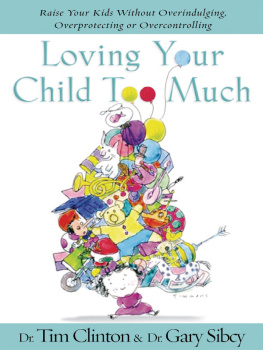
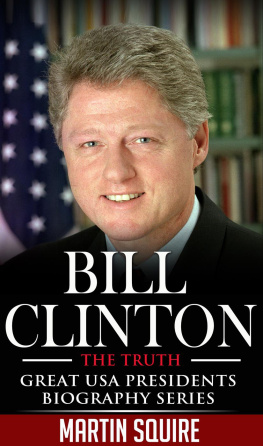


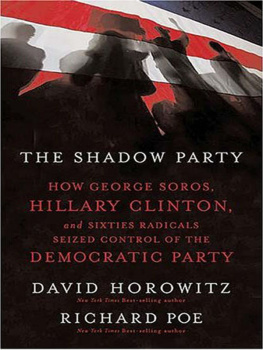
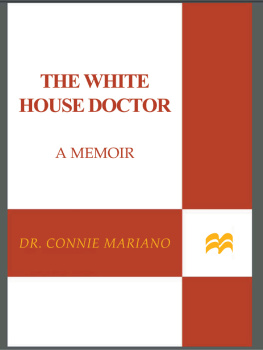
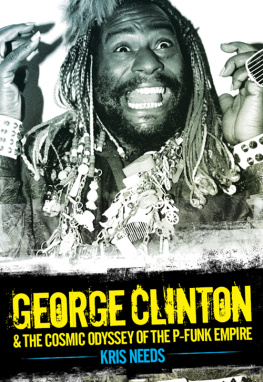
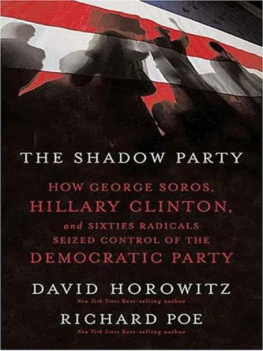



 and colophon are trademarks of Simon & Schuster, Inc.
and colophon are trademarks of Simon & Schuster, Inc.